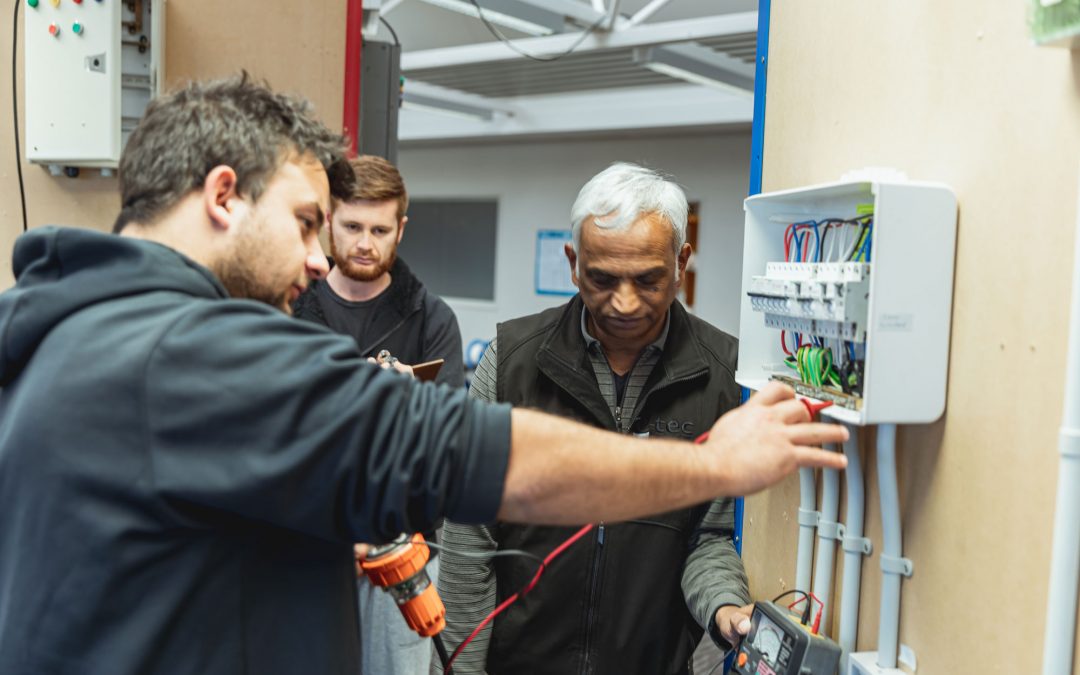It takes a lot of will power to set time aside to do course pre-reading, especially when you’re busy and reading isn’t your favourite past time. Doing the pre-reading means you’ll have context when you do the training, so you can focus on what the tutor is saying and the additional advice they’re giving – something that will pay off big time when it comes to the exam.
Take notes
Write down anything you think will be important or useful in the exam. It doesn’t matter if your writing is messy, if you have bad grammar or you make a spelling mistake, the act of writing something down helps commit it to memory and means you have something to read over and study before you go into the exam.
Check you’ve copied equations correctly
When copying formulas and equations from the board, it pays to make sure you’ve copied things down correctly and neatly enough for you to read correctly at a later date. This is the one time it needs to be clear if something is a 9 or 4, or if it’s to the power of 3 or 8. Messing up a formula when you write it down can make your life a misery, so take the time to check you’ve got it down correctly.
Ask questions
If you’re not sure about something, ask. No one is going to judge you for it. In fact, there are probably two or three other people in the room, who will be silently thanking you for asking the tutor to explain in a bit more detail. Our tutors have seen and heard it all before and they want you to pass, so if in doubt about something, ask, if you want to check you’ve understood something correctly, then you guessed it….Ask. At the end of the day you’re in this for you, so forget about what everyone else thinks and ask the questions you need to – You’ll be glad you did when it comes to exam time.
Take the time to study
We know, this sounds about as sexy and exciting as doing the course pre-reading, but here’s the thing – It’s not meant to be fun, it’s meant to fill your head with knowledge, so you can pass your exam and be confident in what you’re doing when you’re out on the job. Read over your notes regularly in the lead up to the exam, get a mate or a colleague to test your knowledge through Q&A and see if you can get someone certified to show you the ropes on practical work or explain things you’re still a but unsure about.
Follow these tips and tricks and you’ll be setting yourself up for success. Not only will you get more out of your training, you’ll also be much more likely to pass the exam.







